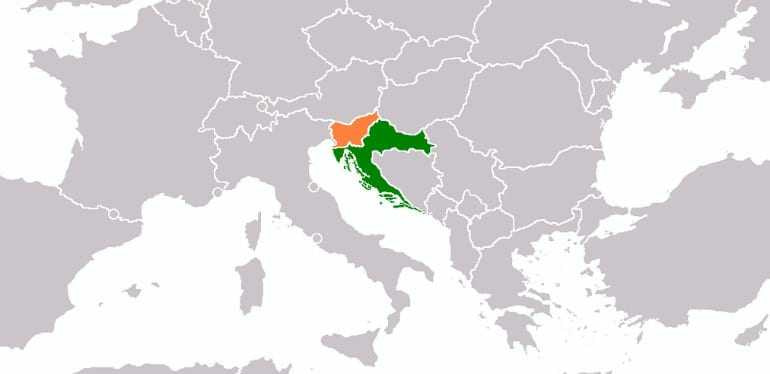EU PDO Application for Istrian Olive Oil to Be Resubmitted Jointly With Slovenia
Following an objection by Slovenia, a new PDO application for Istrian olive oil will be submitted to the European Commission jointly by Slovenia and Croatia.
Slovenia has lodged a notice of opposition to the application for PDO (Protected Designation of Origin) for Istrian extra virgin olive oil submitted by Croatia to the European Commission.
Istrian extra virgin olive oil received PDO status at the national level in early 2015, after which an application for the same recognition at the EU level was submitted in July 2015. After being examined for “receivability,” the application was published in the European Commission’s Official Journal on March 23, 2016.
Following the date of publication, there was a three-month period during which objections could be raised. A notice of opposition was lodged by Slovenia one day before the end of this three-month deadline over the proposed appellation “Istarsko ekstra djevičansko maslinovo ulje” (Istrian extra virgin olive oil).
The proposed appellation may cause confusion, Slovenia argued, as both countries share the same geographical area. Olive oil from Slovenian Istria has had EU PDO status since February 2007 under the appellation “Ekstra deviško oljčno olje Slovenske Istre” (Extra virgin olive oil from Slovenian Istria).

Istria is a peninsula in the North Adriatic sea shared by three countries: Croatia, Slovenia and Italy. While 90% of the geographical peninsula is located in Croatia, a north-western strip is part of Slovenia, and a tiny area of its northern tip is located in Italy near the port city of Trieste.
In December 2016, working meetings were held in the Croatian capital of Zagreb between the Croatian ministry of agriculture and Slovenian counterparts to reach an agreement. As a result, the two countries will be submitting a joint application for PDO status of olive oil from Croatian and Slovenian Istria.
The proposal is that all olive oil produced on the entire Istrian peninsula will be marked with the appellation ISTRA (the Croatian and Slovenian name for Istria). Under the agreement, the production area has been extended to the Slovenian municipalities of Koper, Piran, Koper and Izola. This will also include Liburnia: a section of Istria’s north-western coast that falls under the political boundaries of the Primorsko-Goranska Region of Croatia.
The list of olive varieties has been extended to include Buga, Drobnica, Mata, Plominka, Storta and Maurino. Also, a new proposed logo has been created featuring stylized green and black olive-shaped circles with green drops. Under the proposal, olive producers from the region will be able to process their olives in any mill located in either the Croatian or Slovenian part of Istria.
Croatia and Slovenia already share a PDO for Istrian prosciutto — cured ham from Istria — registered in October 2015. The only other EU food product to have joint PDO status shared between two countries is Polish and Lithuanian honey, registered in 2012.








